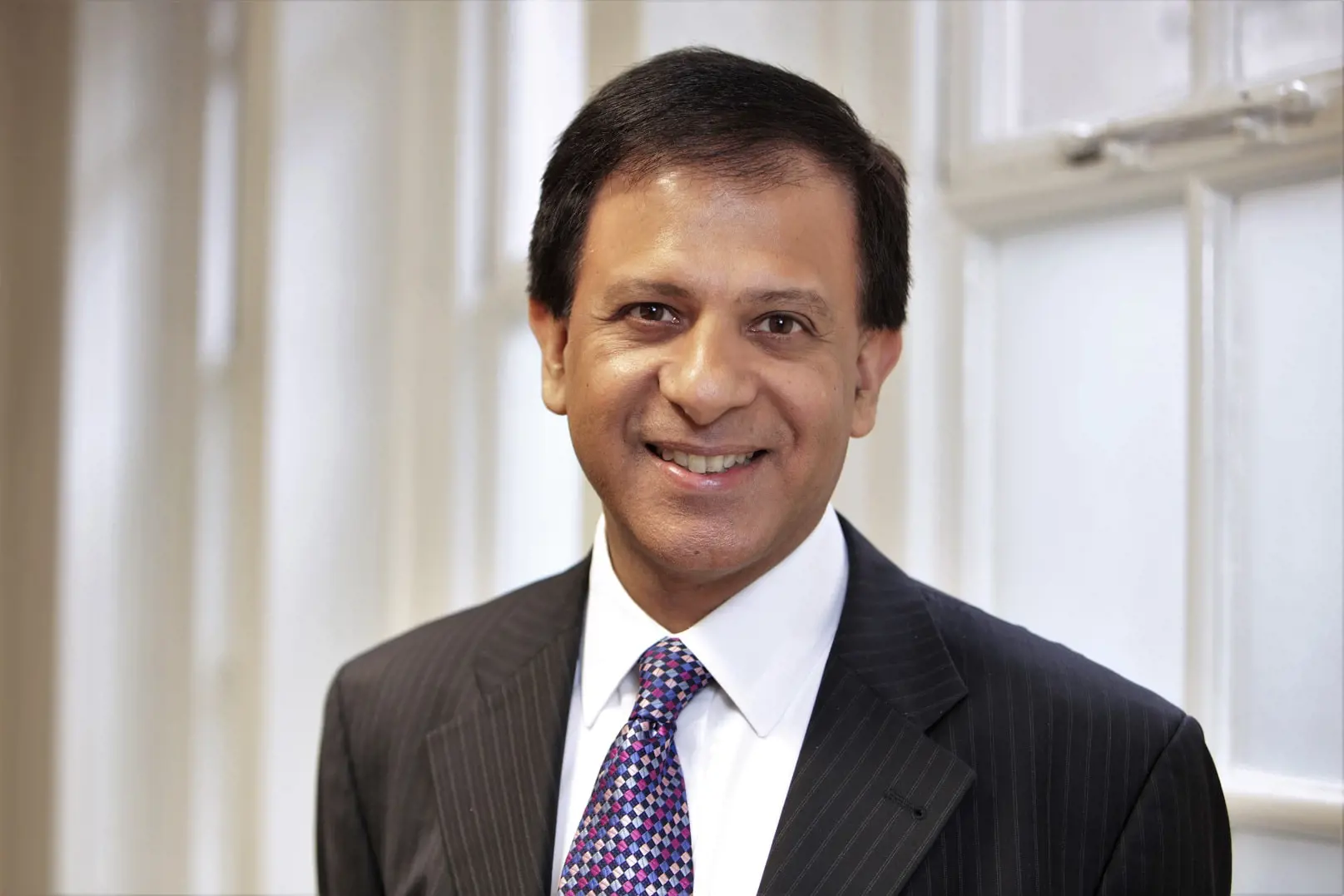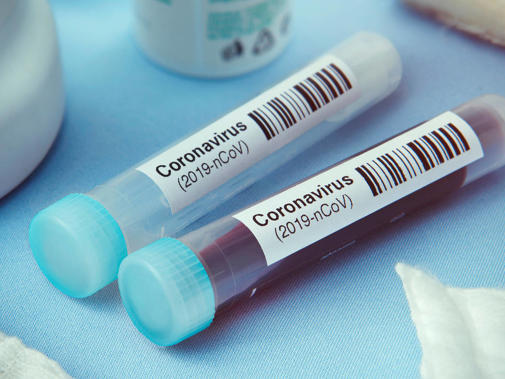Doctors working in general practice went weeks without any PPE supplies from the Department of Health, despite assurances that adequate supplies existed, Dr Nagpaul told members of the Parliamentary public accounts committee on 10 December.
He said: ‘What we were told in February and early March from the Government was that there were adequate plans and adequate stockpiles, the message to us was “don't worry, we have enough”.
‘As the weeks went by in March, we were getting reports increasingly from doctors that they didn’t have access to the PPE they needed.
‘What was even worse for those of us in general practice was that we tried to buy our own and when we looked at all our normal suppliers they had run out because much of those supplies had been directed to the NHS and weren’t available.’
Buy your own
The DH has since acknowledged that many GPs and other healthcare providers were forced to purchase their own PPE after failing to receive equipment from central supplies when needed.
To compensate, the department has announced this week a reimbursement scheme to which practices can submit claims for PPE costs via their CCGs (clinical commissioning groups) or NHSEI regional teams.
During the hearing into the Government’s procurement and supply of PPE during the pandemic, Dr Nagpaul highlighted how initial guidance on PPE from Public Health England had been inconsistent, having failed to follow WHO guidance on the importance of issuing doctors with eye protection.
Dr Nagpaul further told the committee how a COVID-19 tracker survey conducted by the BMA in late March and early April found that only 2 per cent of GPs reported that they felt they were properly protected.
Unsafe kit
 CHAAND: 'We paid £150 for five FFP2 masks'
CHAAND: 'We paid £150 for five FFP2 masks'
Citing his own experience, he told the committee how his practice had been forced to desperately try to source their own protective equipment from alternative sources including online retailer Amazon and the construction industry.
He said: ‘We were getting very worried that patients were coming to our practice [and] we had no supplies from the NHS. We tried online suppliers, the normal suppliers who supply the practice with medical equipment, and they had no supplies.
‘We paid £150 for five FFP2 masks, that was how desperate we had become.’
Dr Nagpaul explained how the shortage of PPE reached a crisis point in April, resulting in the Government hurriedly having to purchase masks and gowns from Turkey, much of which was later discovered to be past its expiry dates and unsafe to use.
At the same time, he told how the association had received around 100 contacts from PPE providers who claimed to have ‘hit a brick wall’ in trying to contact the DH to offer their services, with the BMA forwarding on these communications to the Government.
He said: ‘I wrote to the Government in early April urging for domestic manufacturing [of PPE] because in my own practice the only eye protection I had received was from a school that had manufactured eye protection and from a local business.
‘We were very clear that, at a time of lock-down, there was the possibility of repurposing industry to manufacture PPE because we were in a desperate situation of just not having the equipment to protect ourselves.’
Low stock
Dr Nagpaul recounted the Government’s continued assurances that the limiting factor was the logistics of delivering PPE to thousands of NHS sites but that, by mid-April, it had become clear that the NHS had insufficient stocks from the outset to meet the needs of the pandemic.
When asked what lessons could be learnt from Covid-19, he said that it was essential that the Government ensure stockpiles of PPE were already in place ahead of a potential future pandemic, and that there was an adequate manufacturing base in place to produce additional supplies domestically, rather than having to rely on sourcing from abroad.
He said: ‘We shouldn’t have been put in this position, we should have had the stockpile in the first place and shouldn’t have been trying to get stocks from Turkey where, out of 67,000 pieces of PPE, only 4,500 were deemed safe.’
BAME patients
Dr Nagpaul was among a number of health leaders giving evidence at the hearing, with other speakers including Royal Hospital for Neuro-disability director of nursing Dr Emily McWhirter who was representing the Royal College of Nursing and Care England CEO Professor Martin Green.
As well as how problems with PPE had affected GPs, Dr Nagpaul also spoke about the pandemic’s disproportionate effect on black, Asia and ethnic minority communities and criticised the failure to investigate the deaths of healthcare staff.
He also highlighted the UK’s lack of preparedness for COVID-19 and what steps needed to be taken ahead of a potential future pandemic.
Their evidence was used by the committee in its latest hearing where it questioned officials from the DH and Public Health England about the procurement and provision of PPE.

